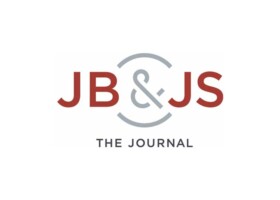
Authors:
Nelson GB, McMellen CJ, Kolaczko JG, Millett PJ, Gillespie RJ, Su CA
Abstract:
Rotator cuff tear arthropathy (RCTA) describes a pattern of glenohumeral degenerative changes following chronic rotator cuff tears that is characterized by superior humeral head migration, erosion of the greater tuberosity of the humeral head, contouring of the coracoacromial arch to create a socket for the humeral head, and eventual glenohumeral arthritis.
Acute and chronic inflammatory changes following rotator cuff tears are thought to contribute to cartilage damage, muscle fibrosis, and fatty infiltration in the glenohumeral joint.
In vitro animal studies targeting various inflammatory modulators, including macrophages, insulin-like growth factor-I, and transforming growth factor-beta pathways, provide promising therapeutic targets to improve healing after rotator cuff tears.
The role of platelet-rich plasma in the treatment and prevention of RCTA has been investigated, with conflicting results.
For the complete study: Immunologic contributions following rotator cuff injury and development of cuff tear arthropathy

